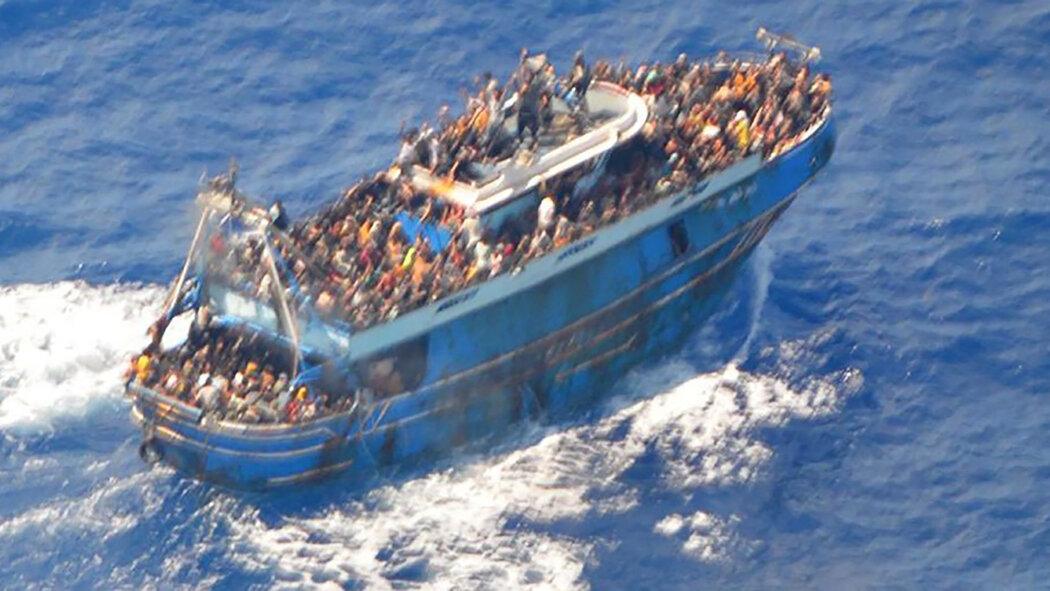The Ongoing Migrant Boat Crisis in Greece

Introduction
The migrant boat crisis in Greece remains a pressing humanitarian issue, highlighting the struggles and peril faced by thousands seeking refuge in Europe. Over recent years, Greece has become a primary entry point for migrants fleeing conflict, poverty, and persecution in their home countries, particularly those from the Middle East and Africa. The situation calls for urgent attention as it not only affects the migrants themselves but also has significant implications for European policies on migration and humanitarian aid.
Current Situation
As of October 2023, Greece continues to witness an influx of migrant boats arriving on its shores, primarily on the islands of Lesbos, Samos, and Chios. According to the Hellenic Coast Guard, more than 10,000 migrants have arrived in Greece in 2023 alone, with reports indicating a recent spike during the summer months. The European Union has pledged support to Greece, yet challenges remain in terms of providing adequate resources and facilities for both the migrants and local communities.
Recent tragedies have further underscored the dangers encountered on these perilous journeys. In June 2023, a boat capsized off the coast of Pylos, leading to the deaths of over 600 individuals—a stark reminder of the life-threatening conditions in the Mediterranean Sea. Such events reinvigorate ongoing debates about the need for stronger search and rescue operations and more comprehensive policies to manage migration effectively.
Response and Challenges
The Greek government, in collaboration with the EU, has implemented various measures aimed at addressing the challenges posed by the migrant crisis, including increased patrols and border security enhancements. However, local organisations continue to argue that these measures frequently lead to pushbacks and inadequate living conditions for migrants in camps. The recent establishment of new facilities aims to provide healthier environments, but concerns remain about overcrowding and inadequate support services.
Furthermore, the political landscape surrounding migration in Europe is becoming increasingly fraught, with diverging views among member states regarding the responsibility for migrants. Countries like Germany and France have called for solidarity in sharing the burden of asylum seekers, while others remain reluctant to accept additional numbers.
Conclusion
The migrant boat crisis in Greece highlights the urgent need for sustainable and humane solutions to manage migration in Europe. While the situation continues to evolve, it remains crucial for the international community to invest in both immediate relief efforts and long-term strategies that address the root causes of migration. As this crisis persists, it is essential for all stakeholders to collaborate in fostering a humane approach that respects the dignity and rights of all individuals involved.
